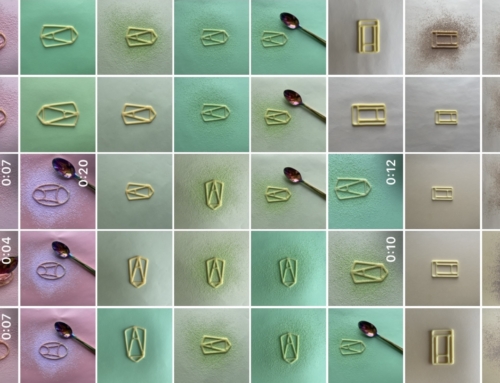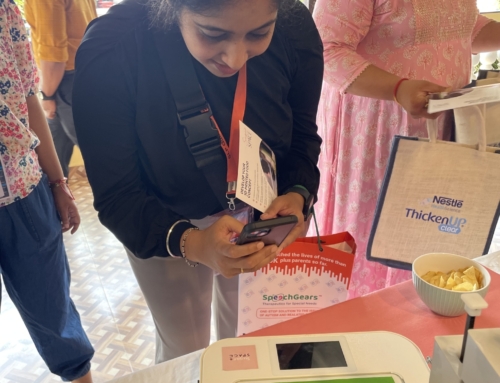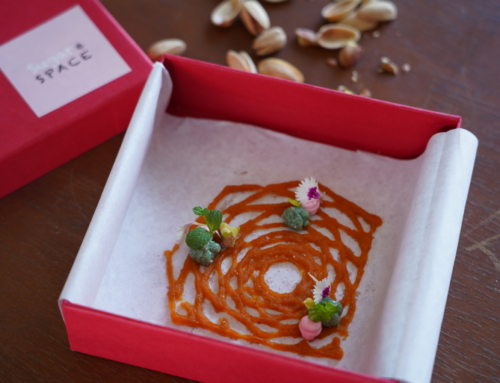How do you know when you’re hungry? Is it the grumbling tummy, lightheaded feeling or low energy? Do you only eat when you’re hungry? But really? There’s two major kinds of hunger – biological or physiological hunger (driven by our bodies) and psychological hunger (driven by our minds). There’s a whole spectrum of emotional eating that we need to consider.
What is emotional eating?
Emotional eating is a reaction to psychological (mind-related) hunger. This could be in response to both positive and negative emotions. It’s an absolutely natural phenomena and it is wrong to demonize non-biological hunger. This behavior is probably trying to tell you something- indicating that you have a trigger in your current lifestyle. Food can be used to comfort that trigger, but only to a certain extent. But how much is too much?
The spectrum of emotional eating
- Sensory gratification: This means eating food for pleasure. It’s okay, and in fact encouraged. When you truly enjoy each bite, eat mindfully- you may end up not eating as much then. Check out our food meditation sessions to explore this. Scientifically described as ‘Hedonic Hunger’ – the drive to eat to obtain pleasure in the absence of an energy deficit.
- Comfort: It’s alright to eat your favorite mac and cheese or go-to comfort foods on dreary days. Occasionally eating comfort foods can be a part of a healthy relationship with food, if you do it while staying in touch with satiety levels and no guilt. If however, food is the first and only thing that comes to mind to take care of you when you are feeling low, then food may pose as a destructive coping mechanism.
- Distraction: When you start eating to distract yourself from feelings you choose not to experience, switch those blinker lights on. You’re possibly using food as a seductive distraction to block your intuitive signals.
This inhibits you from discovering the actual source of feelings and from taking care of your true emotional needs whether it’s a heartbreak or chronic loneliness. - Sedation: When food becomes a source of numbing or anesthetizing, set the alarm bells. This doesn’t mean your annual Thanksgiving induced ‘food coma’ is something to worry about. But if you start exhibiting this behavior frequently, it’s time to look into it. Eating to sedate yourself can be emotionally dangerous – as much as using drugs or alcohol for this purpose.
- Punishment: This is when you start eating excess until you’re uncomfortably full. People who use food as a punishment know they don’t feel good at the end of the experience, but they still go through with it just to punish themselves. This is obviously an unhealthy habit that we may be doing subconsciously.
We had a safe conversation around emotional eating as part of the Food for Thought series with Ishitaa Bhatia, founder of The Nutrition Project.
Sign up for #SugarNews our newsletter to access the latest line up of events.








Leave A Comment